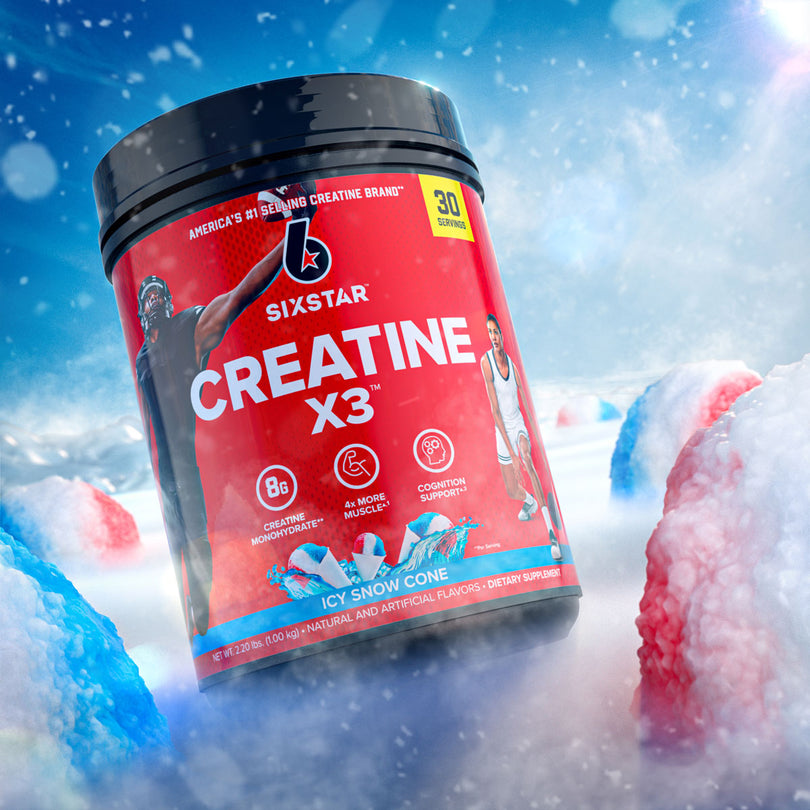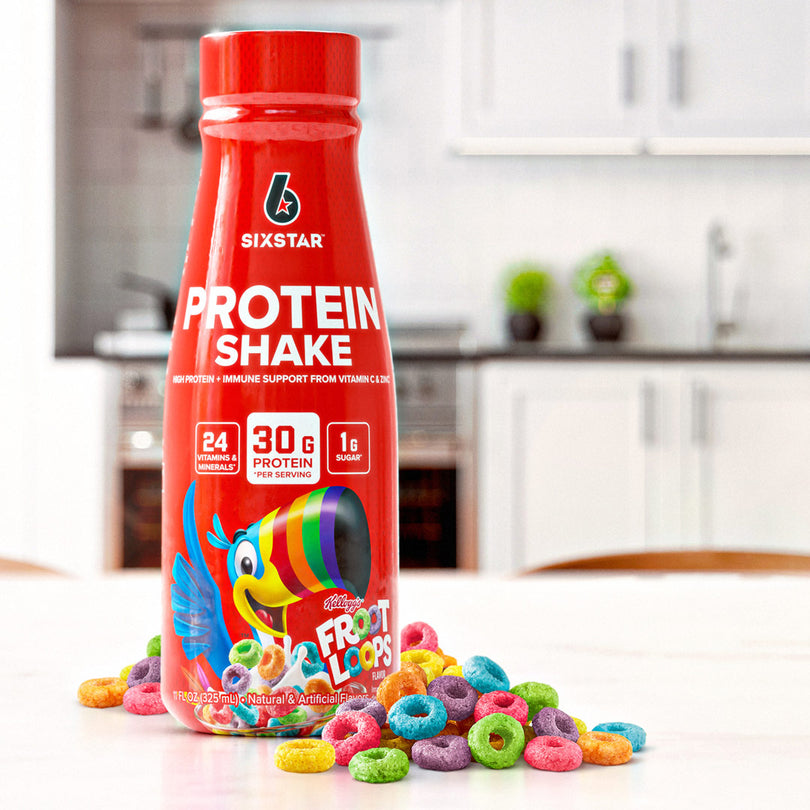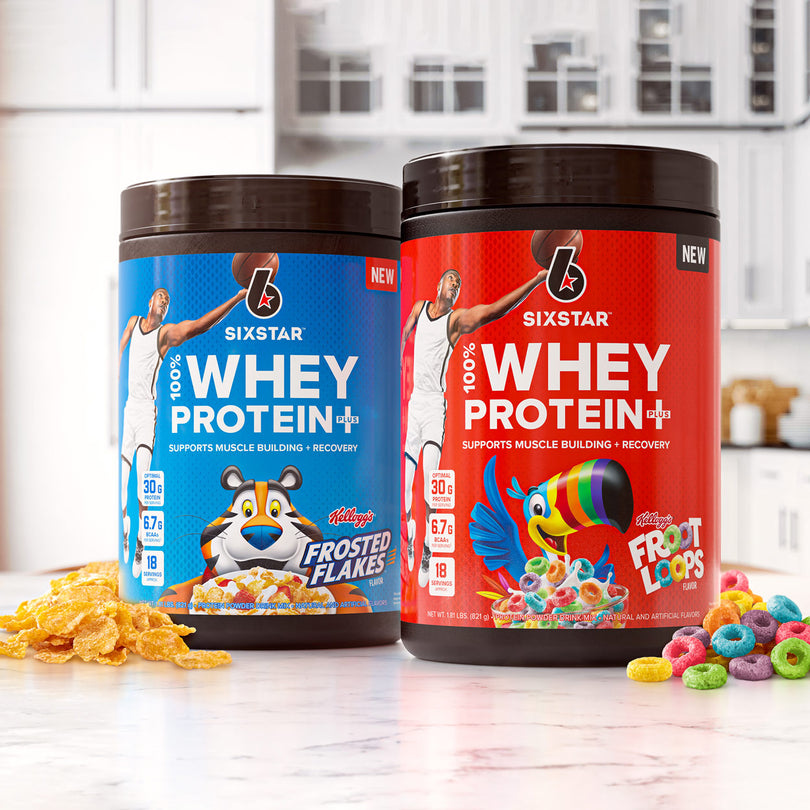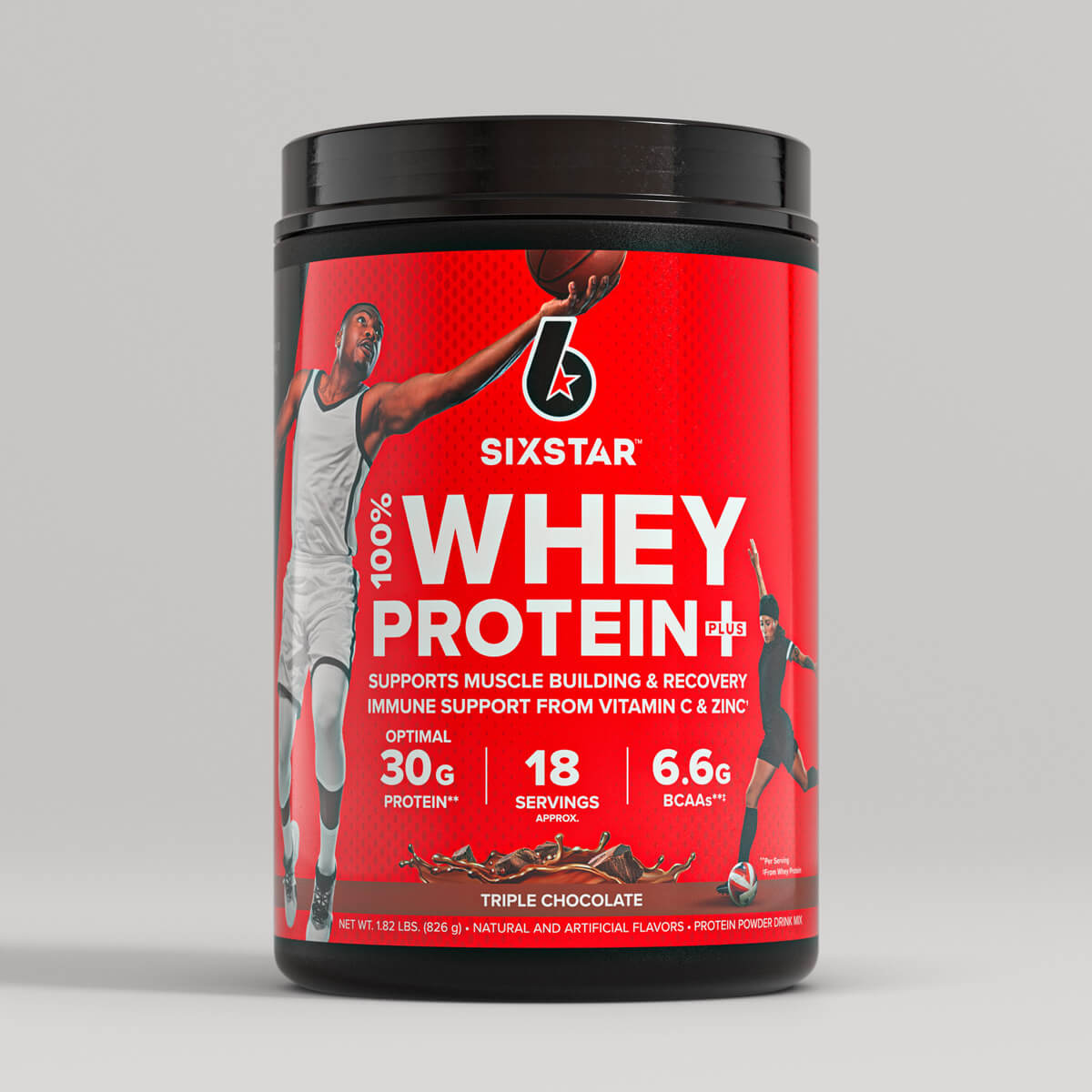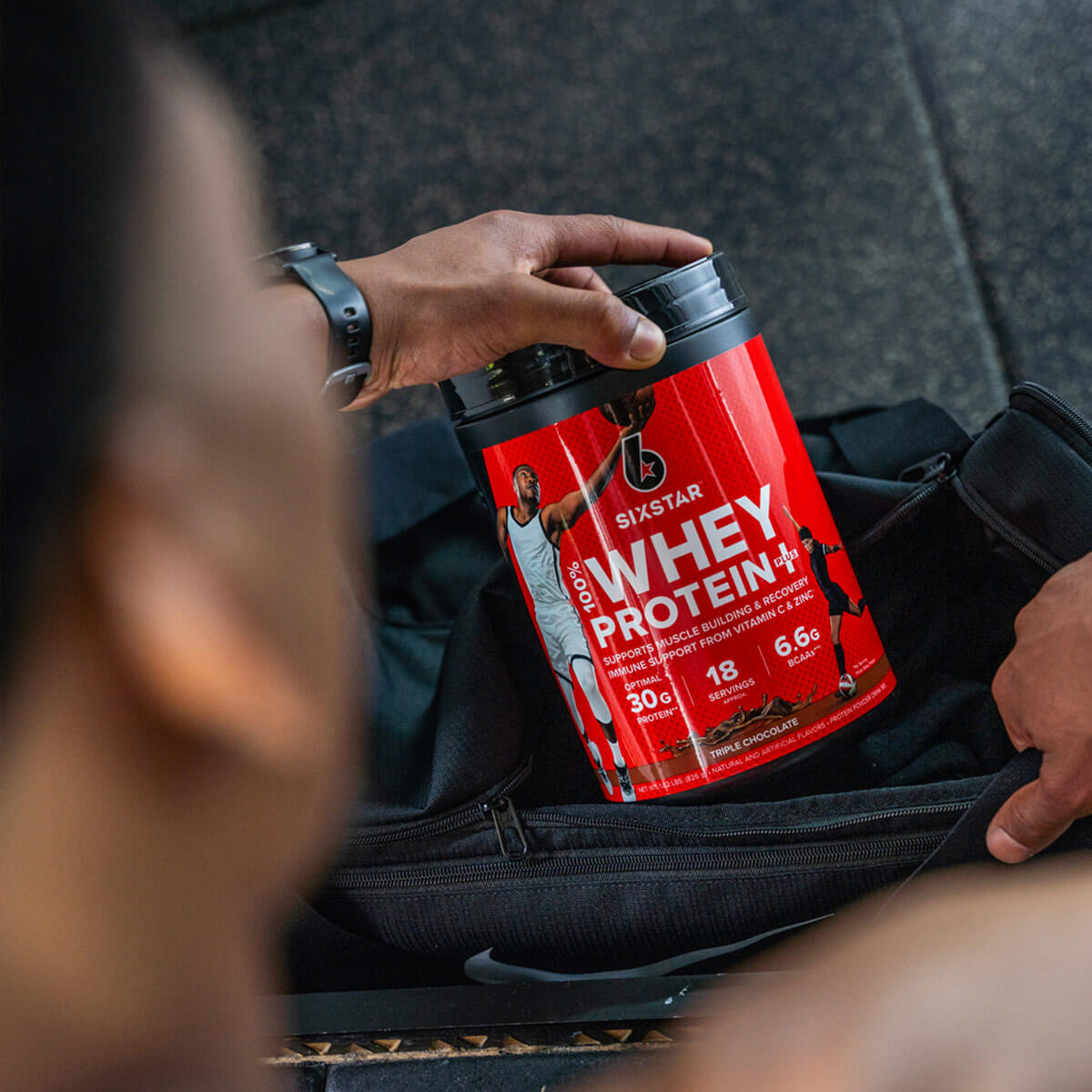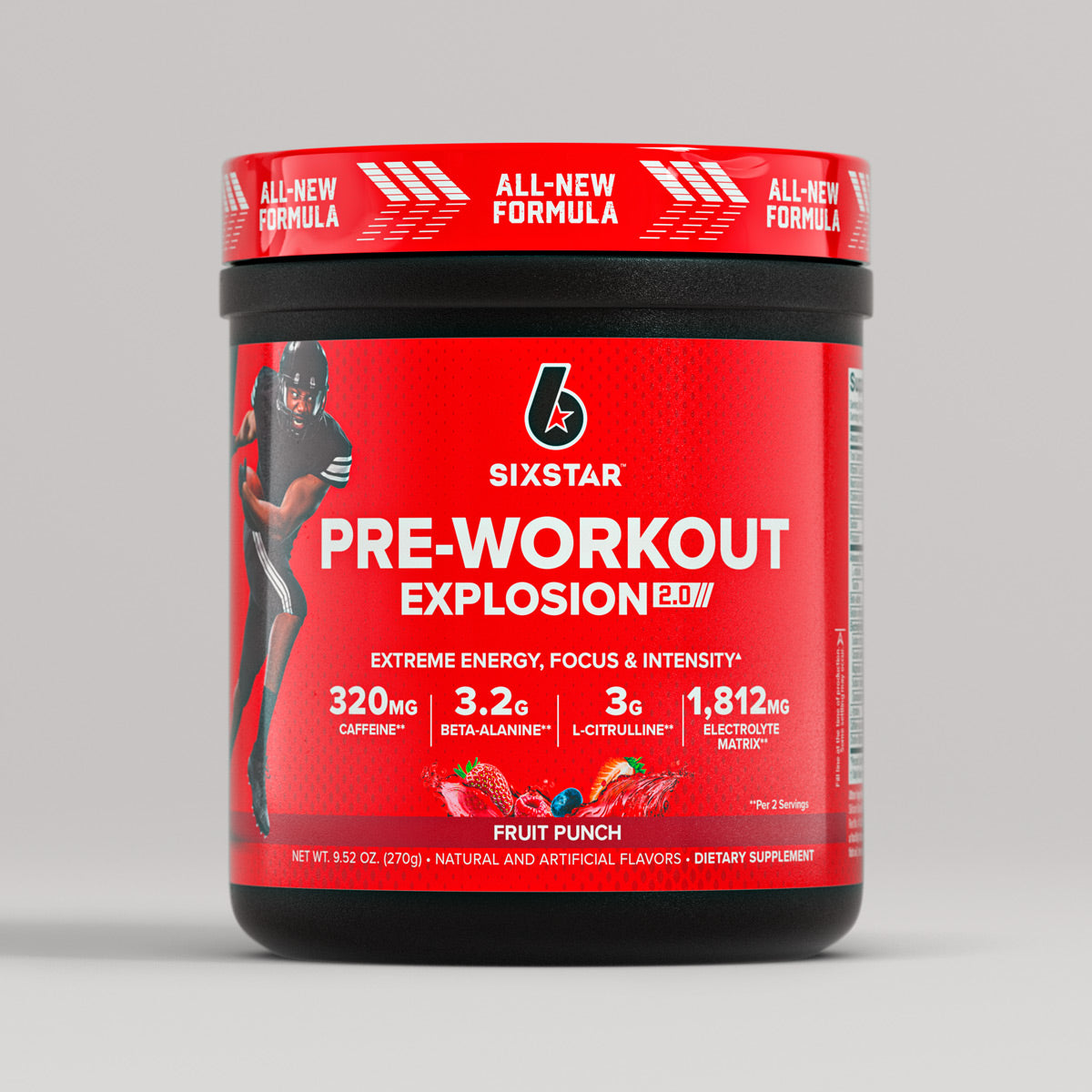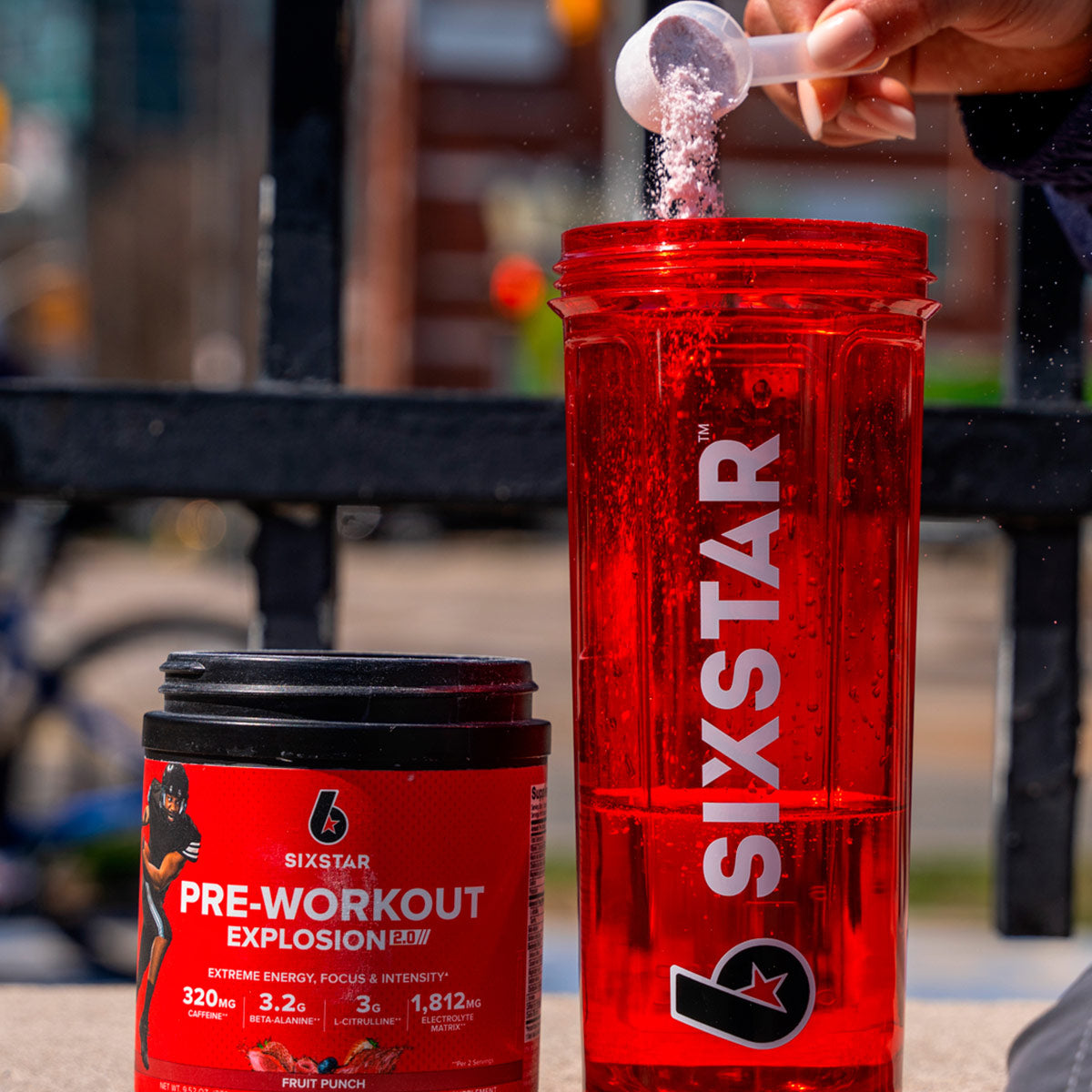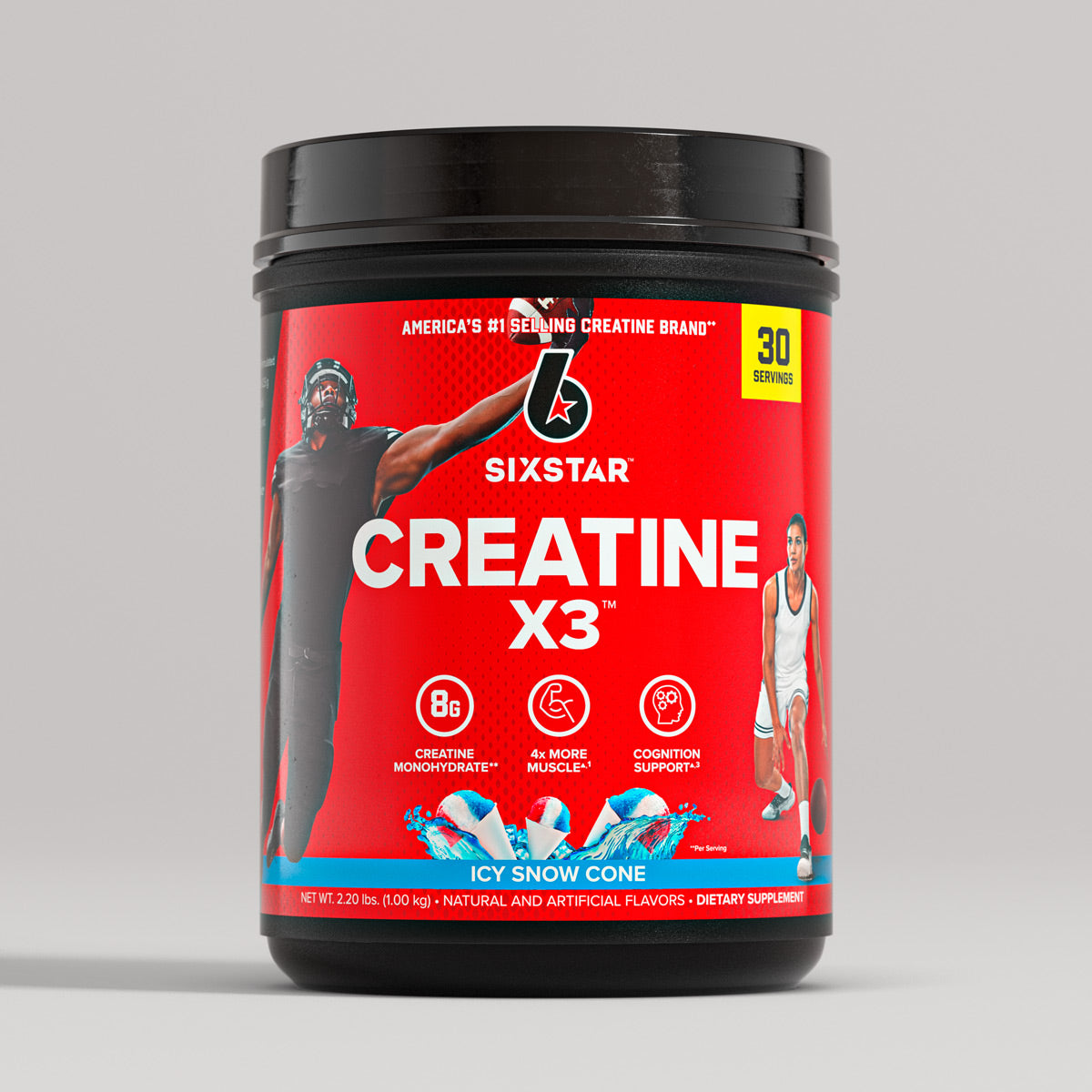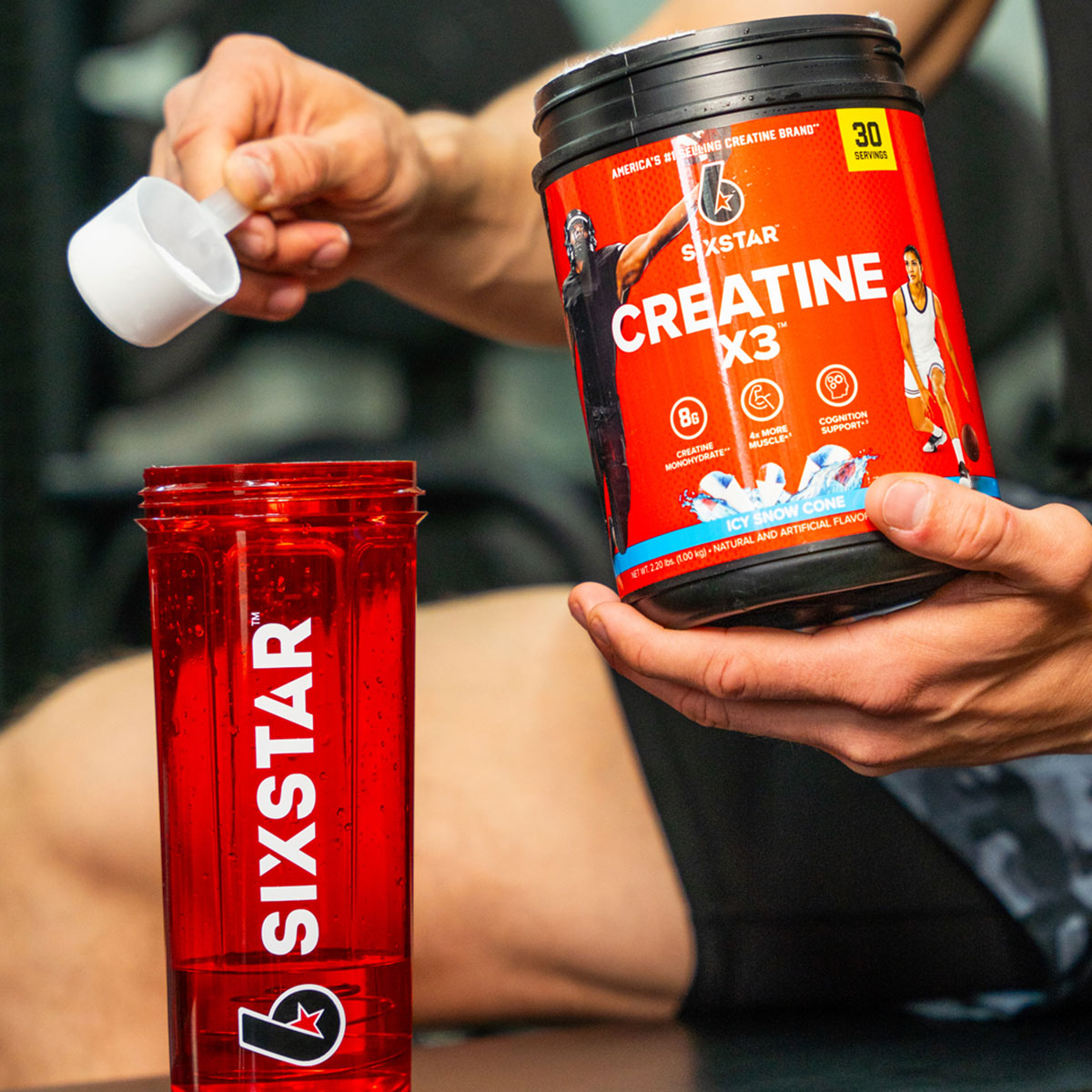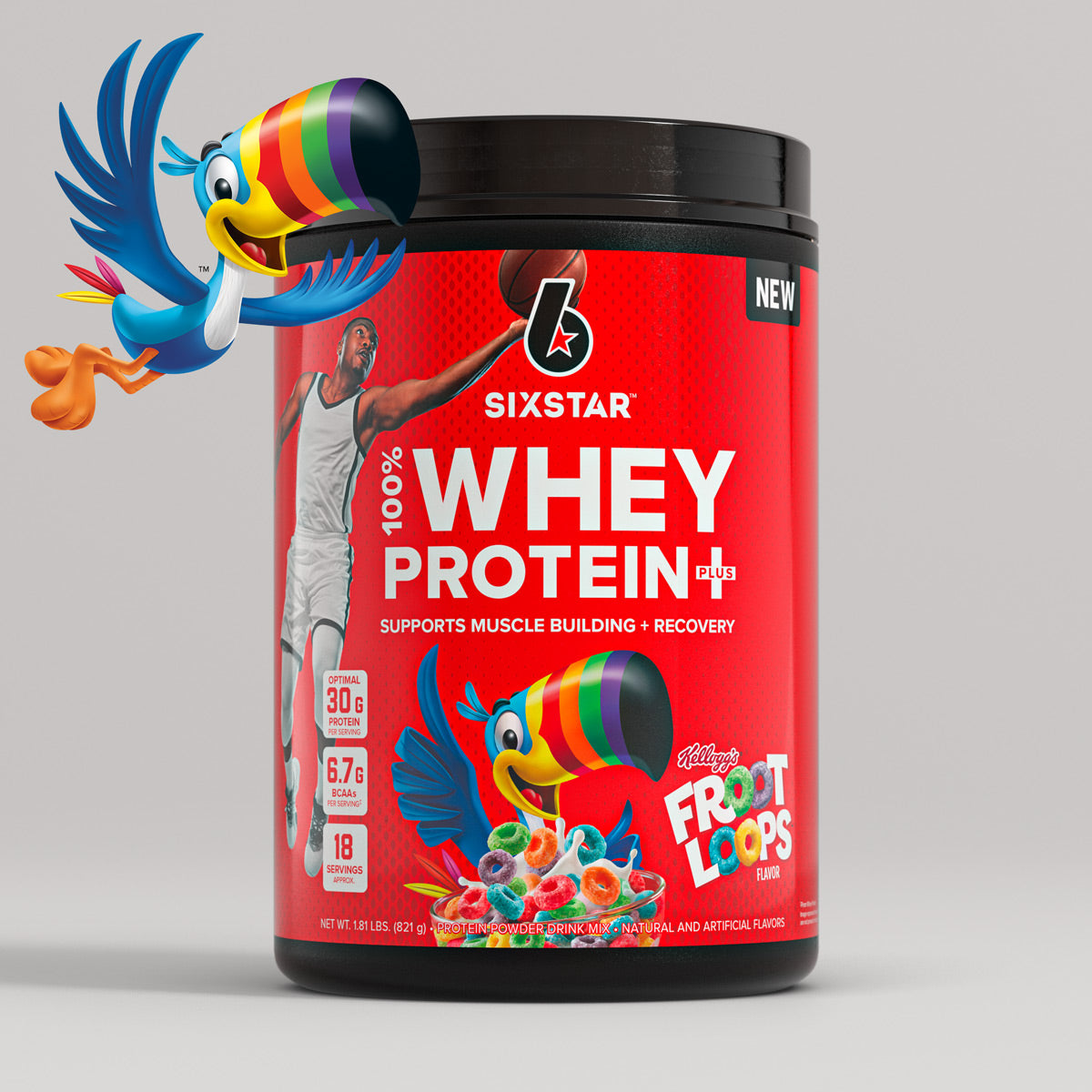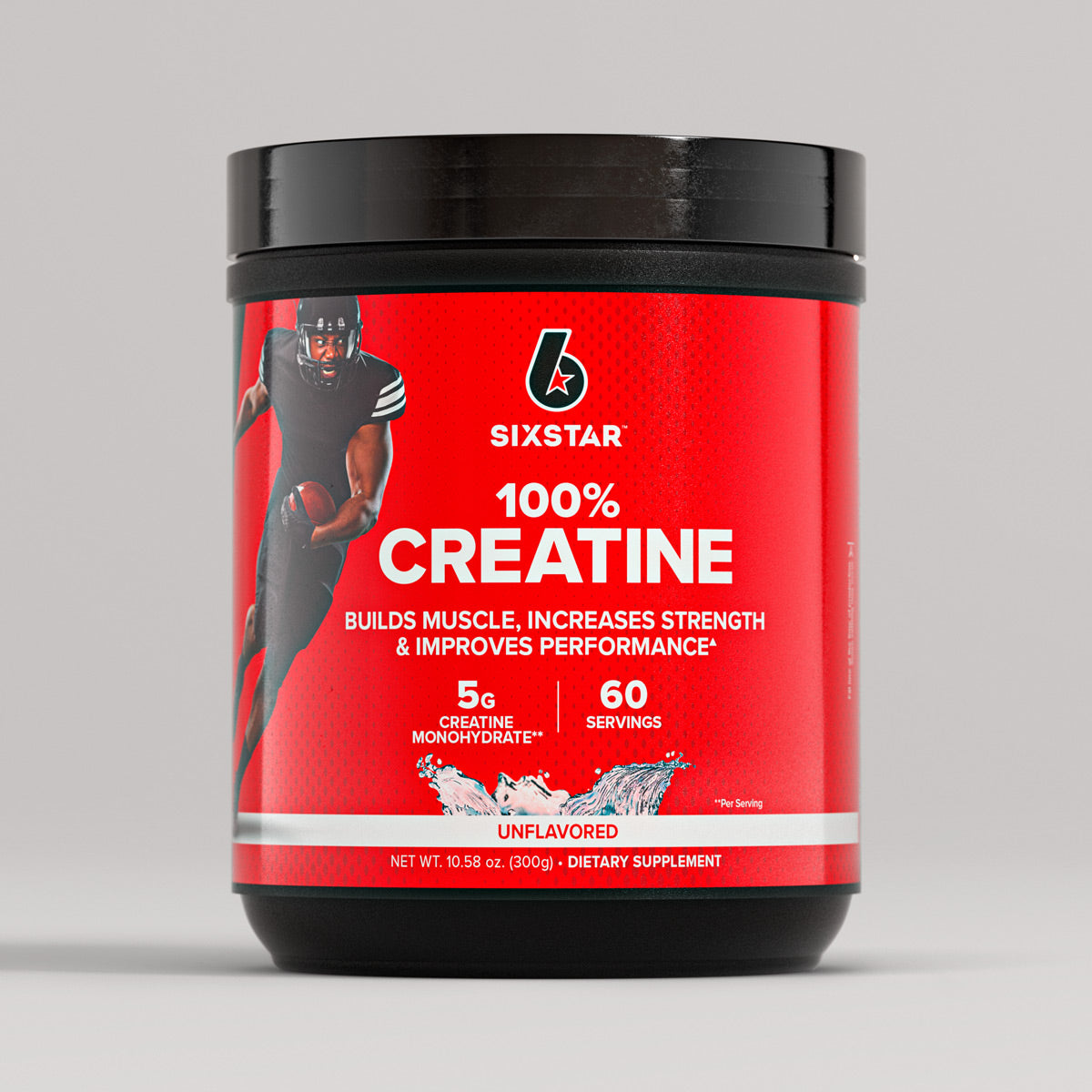We all know the acronyms BRB (be right back), SMH (shaking my head) and YOLO (you only live once), but are you familiar with BCAAs (branched chain amino acids)? They’re essential amino acids that are popular with bodybuilders and athletes for boosting muscle growth and performance.
There are 20 amino acids that make up thousands of different proteins in your body. Nine out of those 20 are considered essential amino acids, or ones that can’t be made by your body. “Branched-chain” refers to the chemical structure of BCAAs, which are found in high-protein foods such as eggs, meat and dairy products. Since your body doesn’t produce them, the only way to get the three
Branched chain amino acids – leucine, isoleucine and valine – are through your diet or by taking BCAA supplements.
Possible benefits of taking leucine and isoleucine are regulating blood sugar levels, growing and repairing muscle and bone tissue, growth hormone production, boosting energy and endurance, speeding up injury recovery time and helping muscle development, according to the University of Rochester Medical Center. However, the medical center notes that these benefits have not yet been proven through research. More research is also needed in determining valine’s role in a BCAA supplement.
A 2009 study in the Journal of the International Society of Sports Nutrition, titled “Consuming a supplement containing branched-chain amino acids during a resistance-training program increases lean mass, muscle strength, and fat loss,” concluded that, “Ingestion of a supplement containing BCAAs while following an 8-week resistance training program resulted in a greater decrease in percent body fat, an increase in lean mass, and 10-RM strength gain on the bench press and squat vs. ingestion of a whey supplement or a sports drink.” The study also noted that the ingestion of a whey protein supplement resulted in greater lean mass gains than drinking a sports drink.
A 2013 study in the Journal of Exercise Nutrition & Biochemistry, “Effect of BCAA intake during endurance exercises on fatigue substances, muscle damage substances, and energy metabolism substances,” suggests that BCAA supplementation may reduce the muscle damage associated with endurance exercise and improve exercise performance. The researchers came to these conclusions by randomly assigning 26 college-age male participants to two groups – one taking the BCAA supplement, the other taking a placebo – and asking the participants to cycle to exhaustion.
Most people can get enough BCAAs by eating a protein-rich diet since BCAAs are found in meat, poultry, fish, eggs, dairy products like milk and cheese, nuts and seeds, soy products such as tofu and tempeh, and legumes including beans, peas and lentils. The best food sources of BCAAs include beef, chicken, whey protein powder, soy protein powder, canned tuna, salmon, turkey breast, eggs, Parmesan cheese, 1% milk and Greek yogurt.
Researchers at the University of North Carolina conducted a study to examine the relationship between BCAA intake and the risk of being overweight and obese. The 2011 study published in the Journal of Nutrition found that a diet high in BCAAs is associated with a decreased risk of becoming overweight or obese in middle-aged adults.
There is no officially recommended BCAA dosage, so it’s important to read the label and follow the manufacturer’s recommendations carefully before taking a BCAA supplement.

